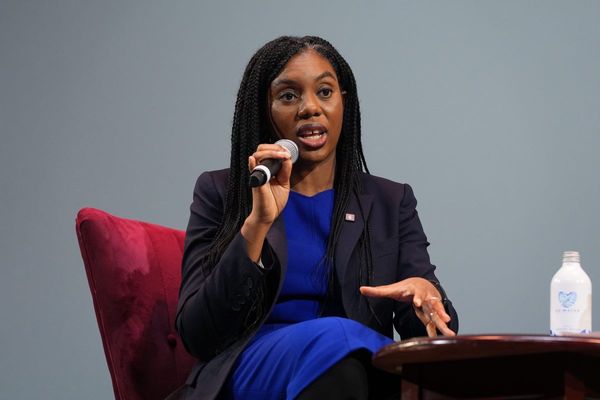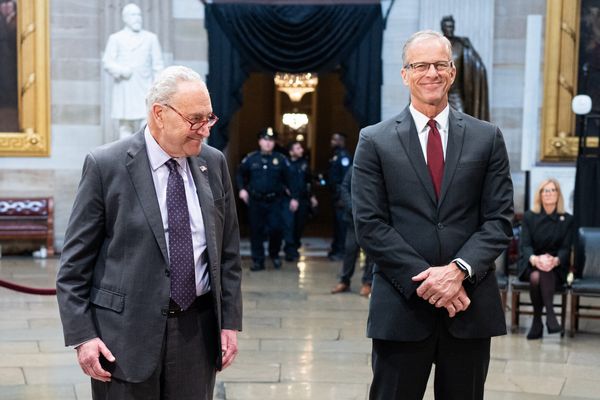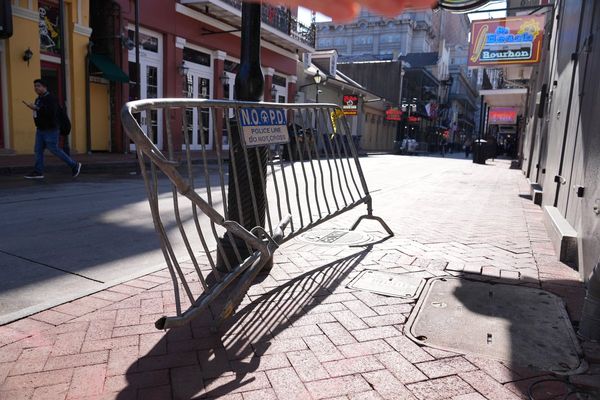
In NSW voters will go to the March election with a clear choice on reforming the toxic gambling industry, after NSW Labor Leader Chris Minns recommitted to only allowing the introduction of cashless gaming cards — crucial to preventing money laundering through poker machines — after a voluntary trial.
That in effect hands a veto over the necessary reform to the powerful clubs and pubs lobby groups who have controlled gambling policy for decades in the state.
Minns’ stance means the Liberals, the Greens and key crossbenchers support introducing a cashless card, while Labor and the Nationals in effect oppose it. NSW Labor clearly — and probably rightly — thinks the issue is not a vote-shifter and not worth losing the support and the donations of lobby groups like ClubsNSW, or the flow of money that comes from labour clubs to the ALP.
But it also means NSW Labor goes to the most winnable state election since 2007 with little moral authority or credibility on integrity, given it remains captured by gambling interests.
The figleaf rationale for Minns’ stance, at least as reported to Nine’s Tom Rabe, is that 127,000 workers are in the clubs and pubs sector and could be affected by a cashless card — something the union covering the sector, the UWU, denies.
What’s even more bizarre is that at a time of record low unemployment, when key industries like aged care, health care, education and child care are crying out for workers, the remote possibility of dislocating a small number of workers from hospitality jobs is touted as a reason not to take credible action against organised crime.
It makes even less sense given NSW Labor is on the same facile protectionist kick as federal Labor and wants to expand heavy manufacturing in the state, oblivious to the question of where the workers are going to come from.
Presumably Labor is happy for people to work in poker machine venues rather than, say, making trains and ferries. Invoking lost jobs, for so many decades the equivalent of motherhood in Australian political debate, carries much less weight in a century of growing worker scarcity.
The growing volume of money being put through poker machines should be a compelling reason for urgent reform.
Crikey has examined poker machine revenue data from the state regulator Liquor and Gaming NSW. It shows that, compared to 2019 — the last year unaffected by lockdowns and the pandemic — revenue per machine in hotels across the state increased this year by an average of 32%, or nearly 25% above inflation. Revenue per machine in clubs went up 22% between comparable periods in 2019 and 2022.
The increase was particularly strong in regional areas, even though machines there produce much less revenue than ones in suburban clubs and pubs. Machines in rural hotels, for example, saw revenue increases of 30% between 2019 and 2022, compared to just 10% for machines in suburban Sydney pubs. Pubs in major regional centres saw revenue growth per machine of 25%.
This suggests the community is pouring significantly more money into machines, particularly in rural and regional NSW — or machines are being used more for money laundering. There are no innocuous explanations for such a significant increase in revenue. It also means the Nationals are happy with the communities they represent losing ever more money to pokies.
Ultimately that extra money gives the gambling lobby even more firepower in its efforts to control policymakers — especially when the state government takes its cut out of every extra dollar.
Are you disappointed by NSW Labor’s position on the pokies? Let us know by writing to letters@crikey.com.au. Please include your full name to be considered for publication. We reserve the right to edit for length and clarity.







